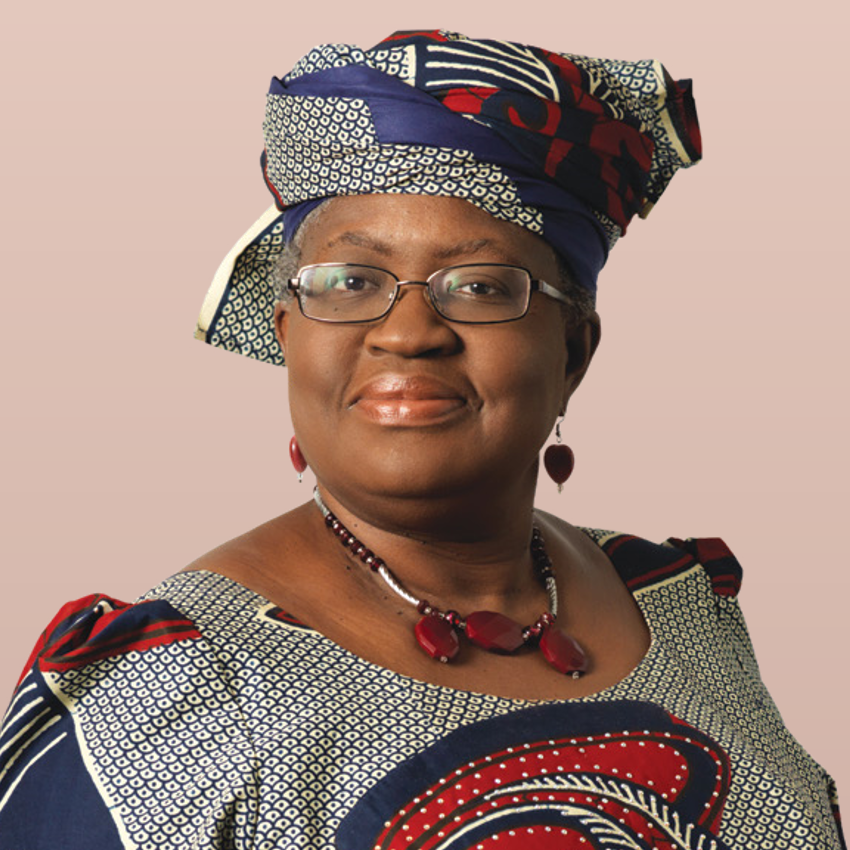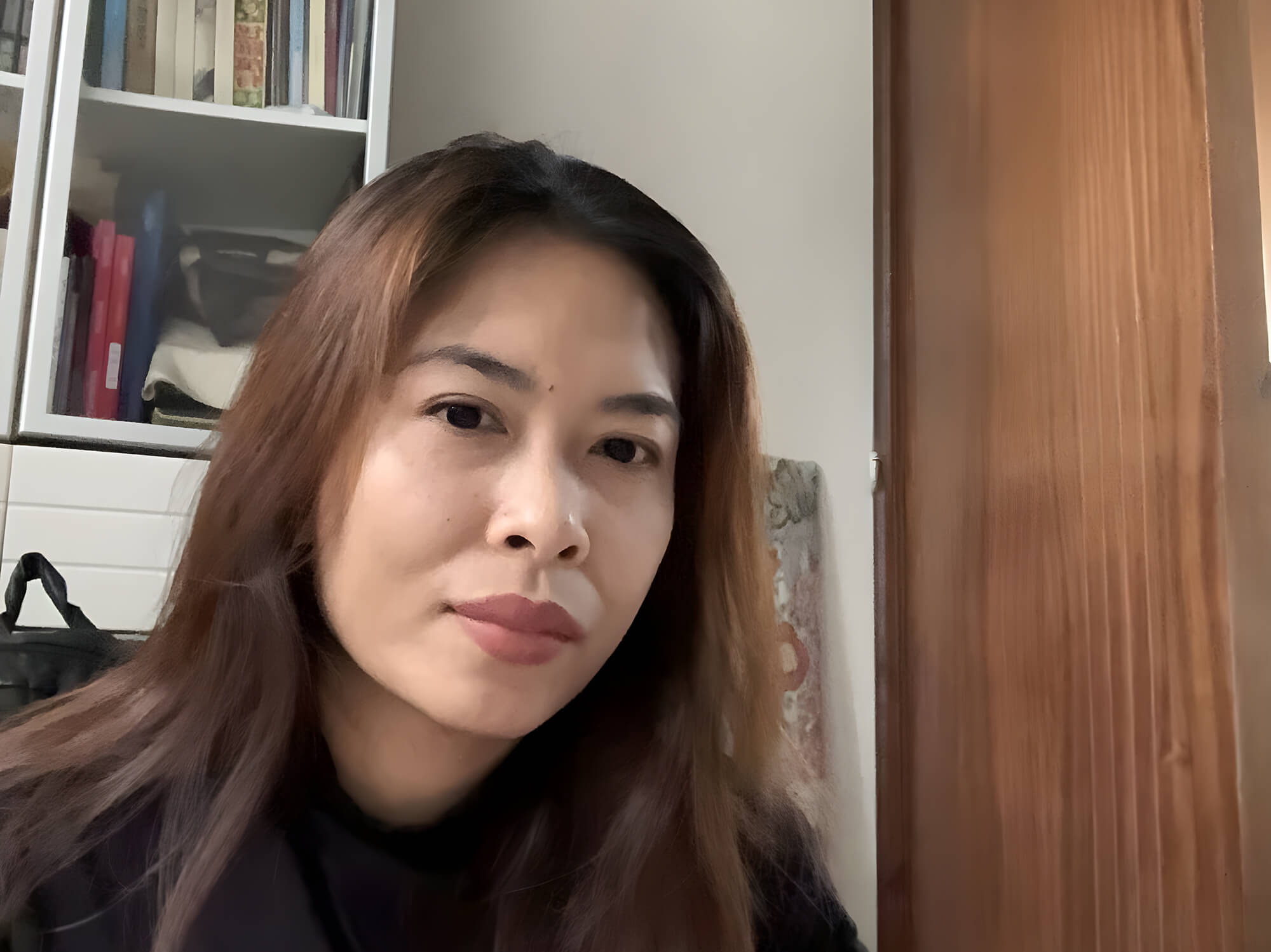

Dr. Ngozi Okonjo-Iweala talks to The ASEAN about COVAX, one of three pillars of the Access to COVID-19 Tools (ACT) Accelerator, which focuses on ensuring the equitable distribution of COVID-19 vaccines to both higher income and lower-income countries. She also shares her insights on the ongoing competition and prospects for cooperation in vaccine development and distribution.
What specific mechanisms are in place to ensure equitable access to the vaccines, particularly in less developed or developing countries? What factors will determine which countries will get the approved vaccines first?
The Gavi COVAX Advance Market Commitment (AMC) is a unique funding mechanism aimed at providing vaccine doses for 92 lower-income countries. It operates on the principle of equitable distribution, meaning that doses of safe and effective vaccines, once prequalified, are allocated at the same time to all participants, including self-financing economies that also participate in the COVAX initiative.
Regarding lower-income countries, in particular, Gavi is currently fundraising to finance the costs of at least 1 billion COVID-19 vaccine doses through the Gavi COVAX AMC. These fully subsidised donor-funded doses will jumpstart new COVID-19 vaccine introductions in AMC-eligible economies. Whilst mindful of uncertainties on vaccine pricing, resource availability, and manufacturing supply, Gavi aspires to be able to cover 20 per cent of the population of AMC-eligible economies with these donor-funded doses. This roughly translates to health and social care workers, the elderly, and those with underlying health conditions—thereby making a very real impact towards ending the acute phase of the pandemic by the end 2021.
Through a cost-sharing approach, countries will have an opportunity to complement and build on the essential foundation built by these early, donor-funded doses if they wish to achieve a higher population coverage.
With over 200 vaccines in development, with a few reporting high success rates in their trials, what are the advantages and disadvantages of the ongoing race in the COVID-19 vaccine development and distribution?
The world has now seen three promising candidates that target product profile for COVID-19 vaccines. The race to develop a vaccine that is safe and efficacious has led to unprecedented innovation. At the same time, diversity of vaccine candidates is absolutely essential because we know that no single producer will be able to provide enough doses to vaccinate the entire world, and different vaccines are better-adapted to different circumstances.
With accelerated testing and trials, how are scientists addressing possible research on other strains or mutations of the coronavirus?
Newly circulating strains of the virus are very closely monitored to track the evolution of the SARS-CoV-2 virus over time so that we have an early warning system of any emerging viral strains that could impact the effectiveness of medical countermeasures, including vaccines. This includes a task force set up by the Coalition for Epidemic Preparedness Innovations or CEPI which is monitoring emerging viral strains and mutations around the world and evaluating whether these circulating strains may impact COVID-19 vaccine development.
The pooling of resources and expertise from 189 countries through COVAX and the Access to COVID-19 Tools (ACT) Accelerator is unprecedented. How will this cooperation change the development and distribution of vaccines in the future and improve global preparedness for the next pandemic?
Ultimately, COVAX is about providing equitable global access to COVID-19 vaccines, but it is also more than that: it is a model for international cooperation that shows governments can put aside national interests in the pursuit of a goal greater than any one of them could achieve on their own. We believe that the spirit of COVAX, the lessons we will learn, and the infrastructure and expertise we are building will help us be better prepared to respond to pandemics and other global emergencies in the future. In this respect, we hope that the framework we have now built with the ACT Accelerator will be triggered when the next pandemic appears, rather starting from scratch. It is vitally important that we build resilience to future pandemics.







